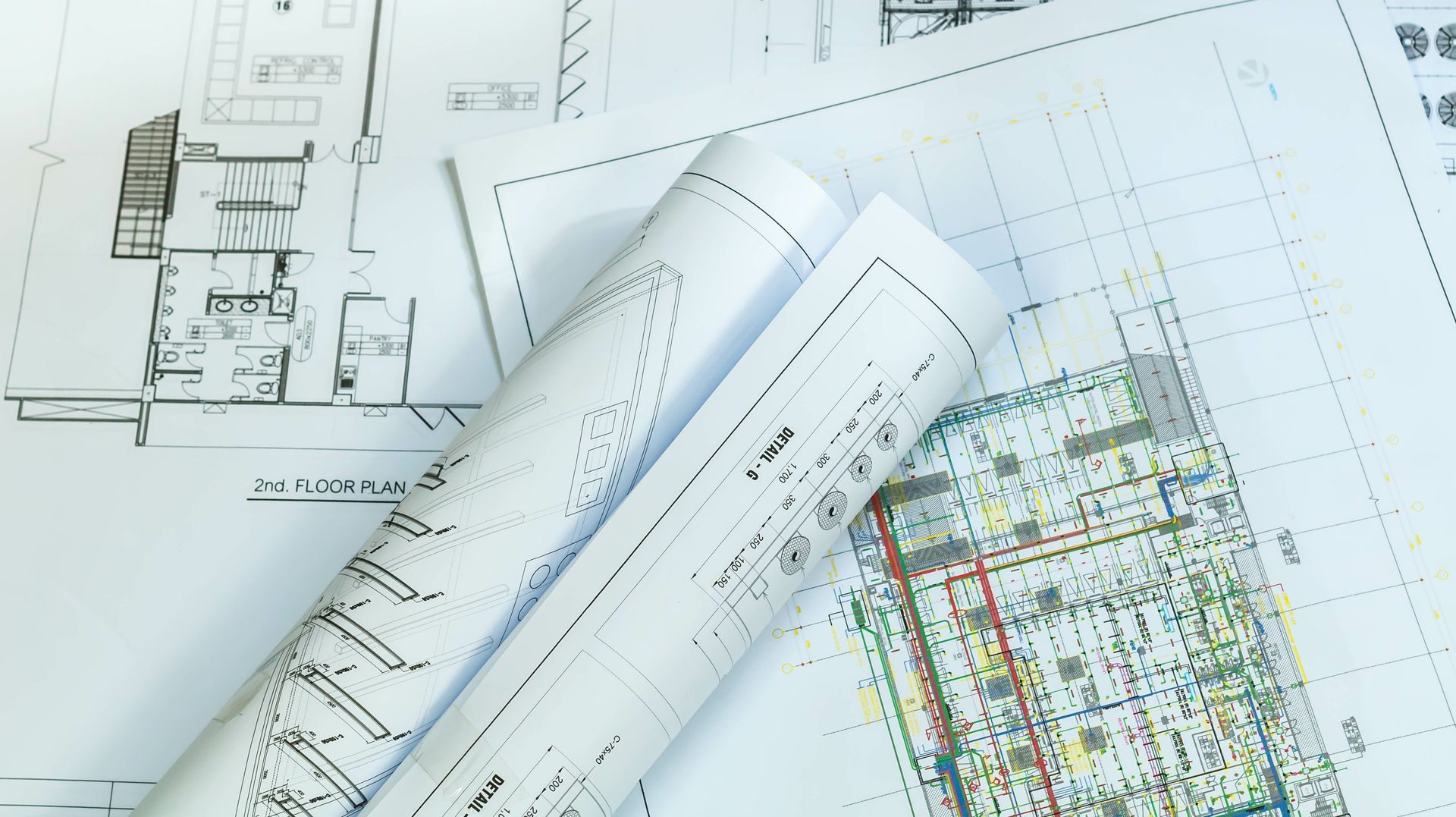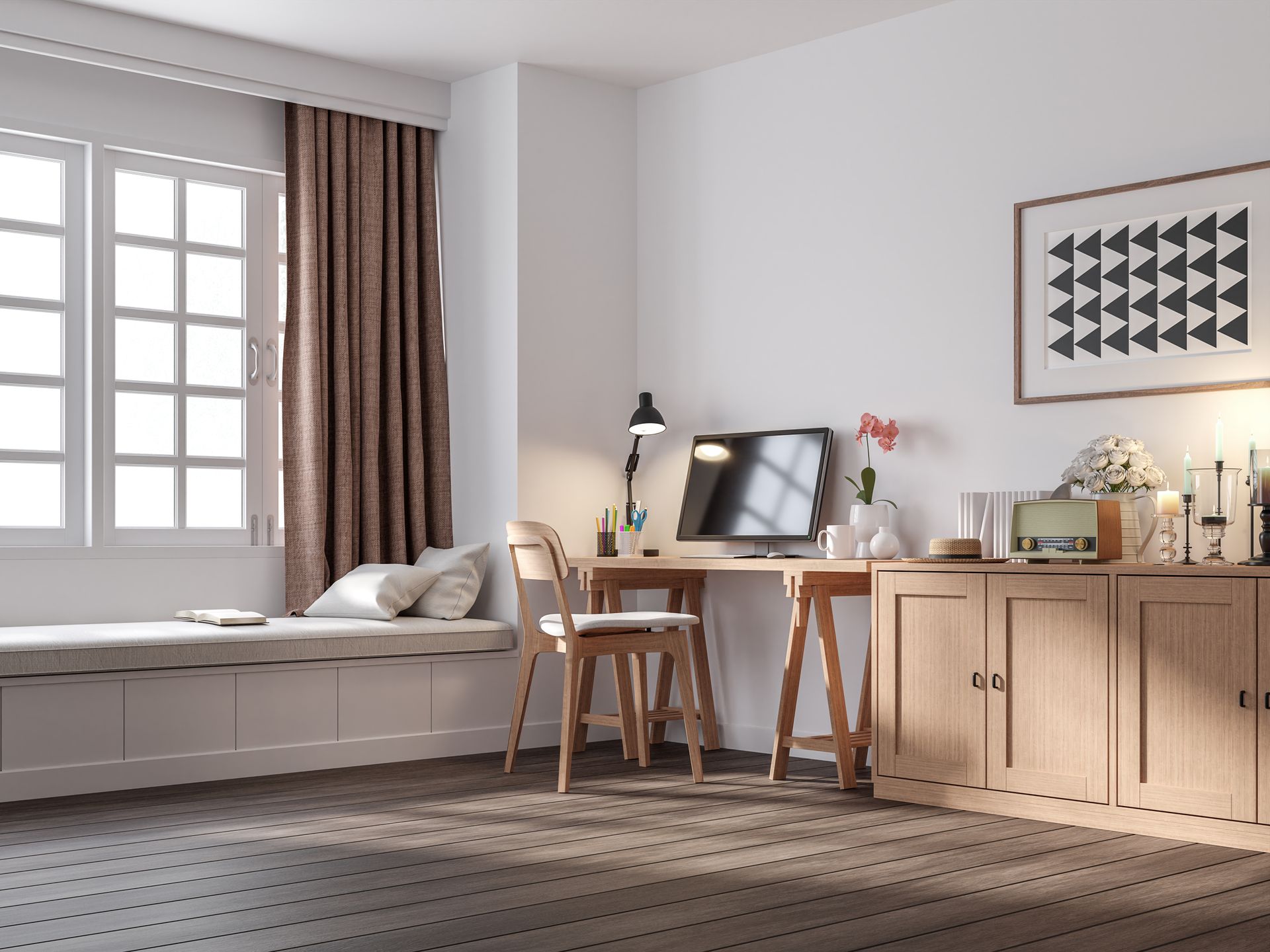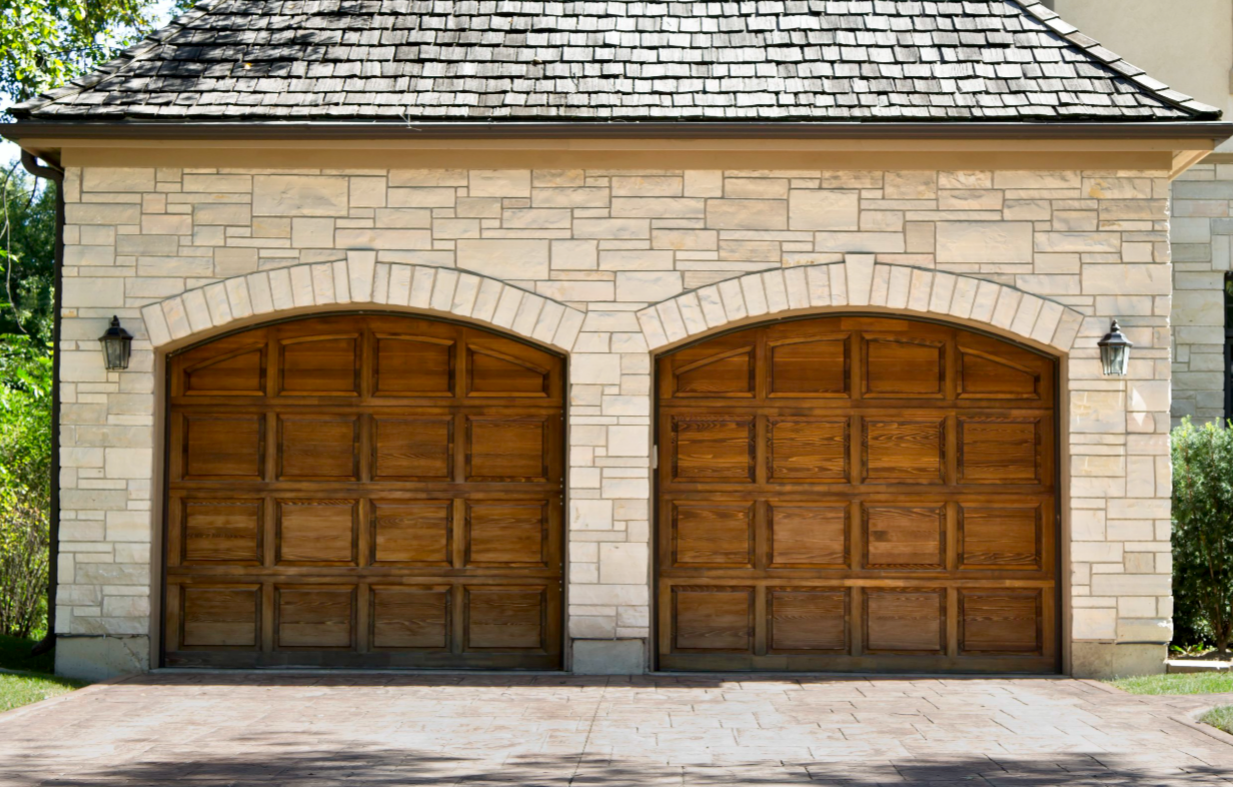Welcome 2025!
December 30, 2024

As we step into 2025, we reflect on the past year with gratitude of fulfilled accomplishments and fond memories. We look forward to embracing with optimism, what the new year brings our way. We are filled with hope for growth, achievement and continued success along with our purchasers, clients and suppliers.
May 2025 be a year of prosperity and great health for you and yours.
Happy New Year!
More Blogs From Mikmada Homes
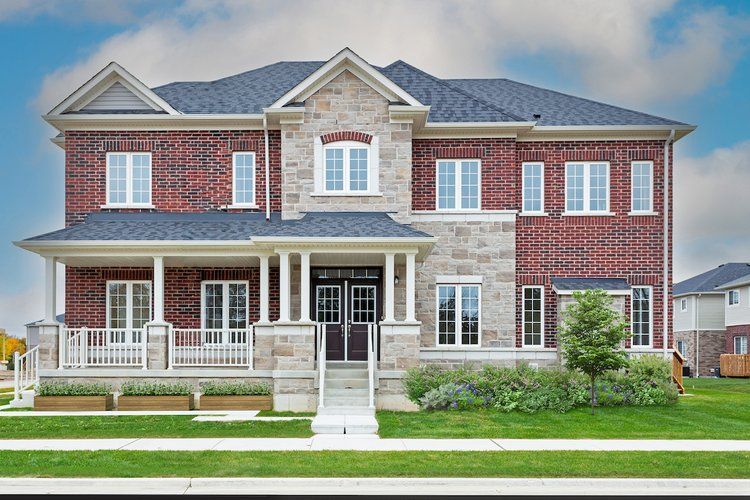
April 1, 2025
When searching for a new home in Guelph, prospective homeowners seek not just a place to live, but a space that promises comfort, quality, and a serene lifestyle. Mikmada Homes has steadily built a reputation for delivering just that. Known for their commitment to excellence and attention to detail, Mikmada Homes offers residents a unique blend of modern aesthetics and functional living spaces.
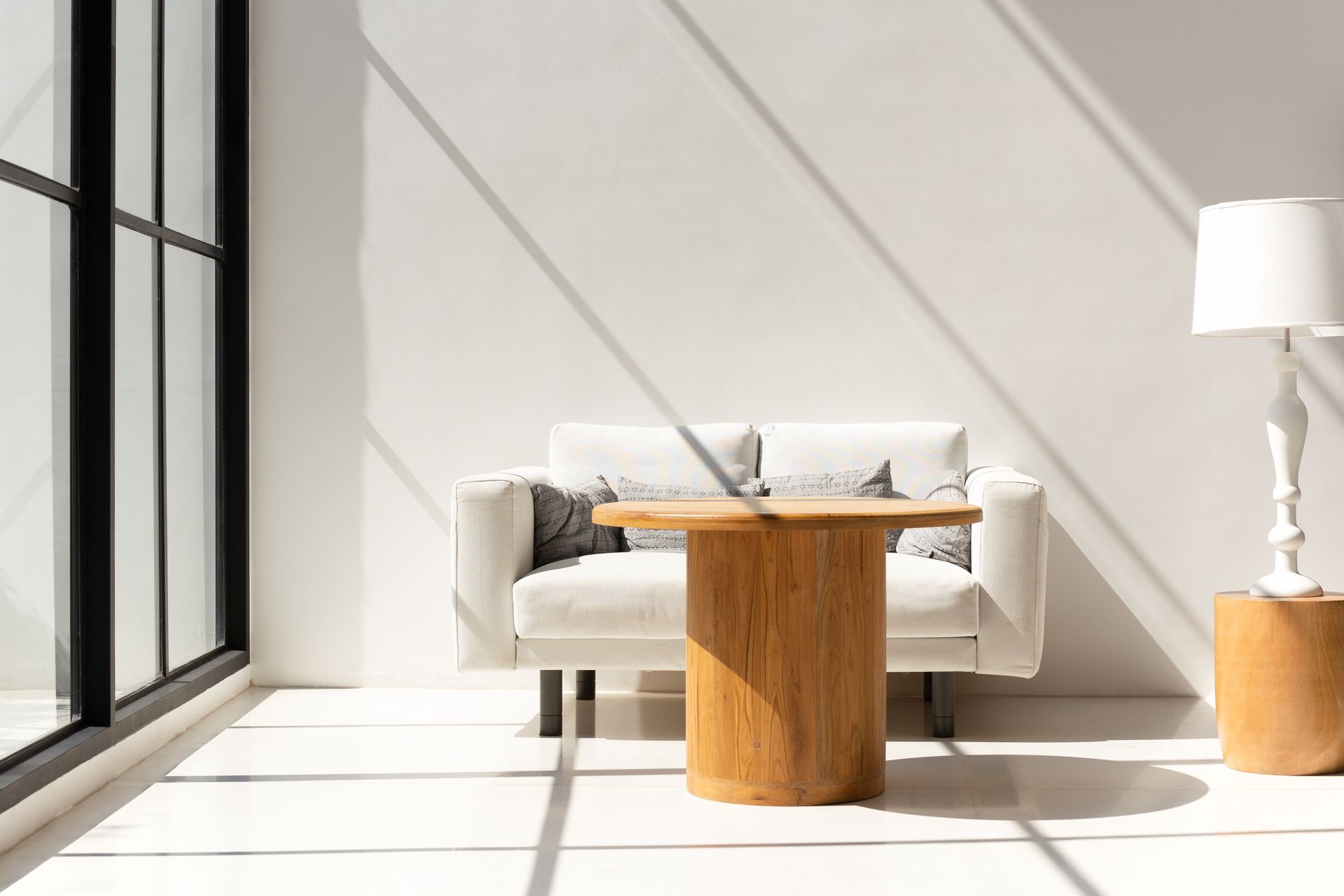
February 24, 2025
Whether you're living in a small apartment, working with a compact office, or simply want to create an open and airy atmosphere, making a space feel larger is a challenge many face. With clever design strategies and mindful choices, even the smallest spaces can feel expansive and inviting. Here's how:

February 17, 2025
A quick close new construction home, refers to a property that is available for immediate purchase with a fast closing process, often within a few months or weeks. This type of home is ideal for buyers who need to move in quickly, whether due to a job relocation, personal circumstances, or simply a desire to settle into their new space without prolonged delays. The benefits of a quick close new construction home include the ability to avoid waiting months/years for construction or other complications, and an expedited move-in experience. Often a quick close home will include many upgrades already included which gives added value to the home.

All contents of this website is © 2025 MIKMADA HOMES INC. All rights reserved.
Mikmada Homes is an award winning builder in Southwestern Ontario with new home communities in Guelph, Waterdown, Hamilton and Milton..

